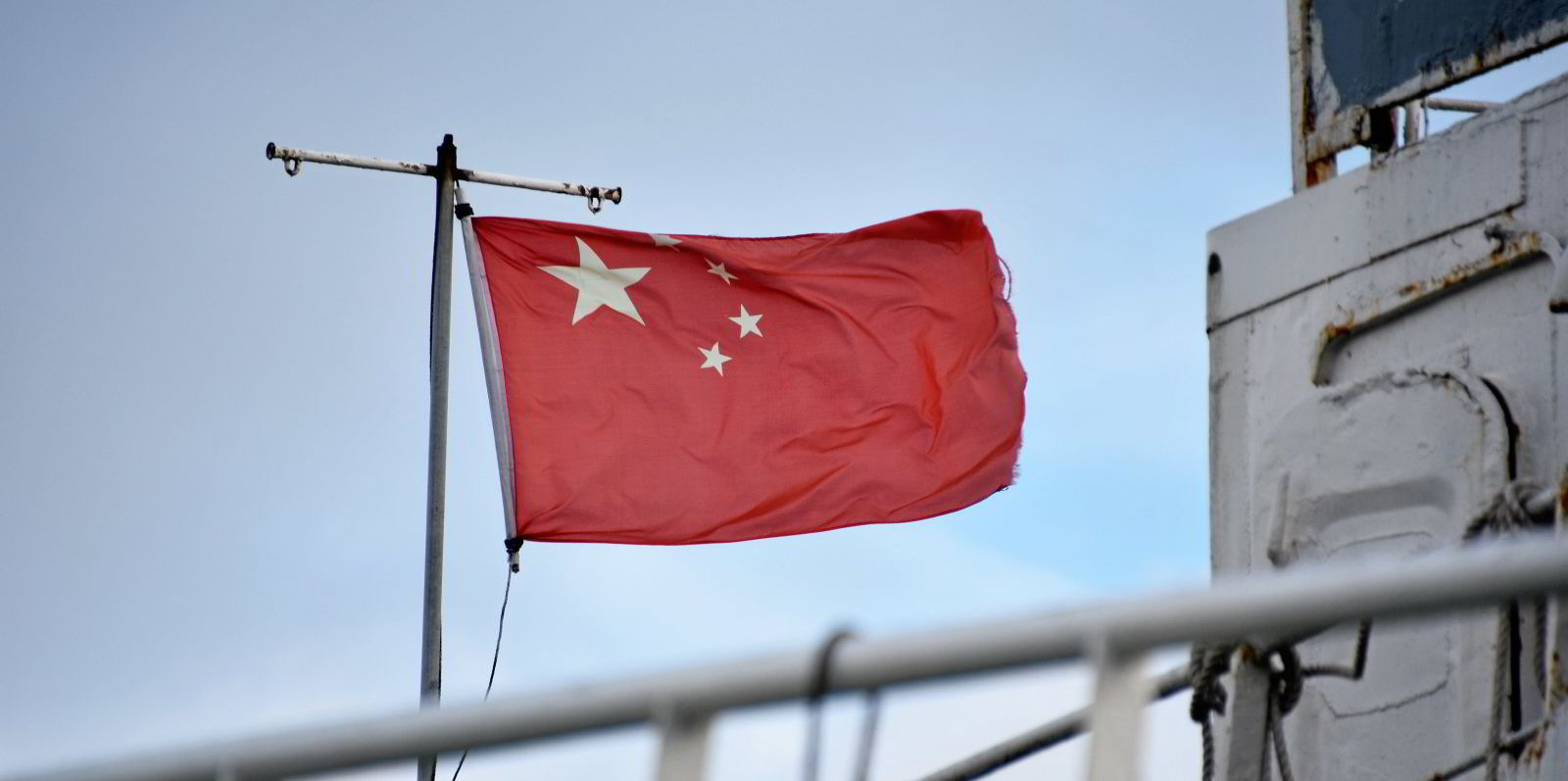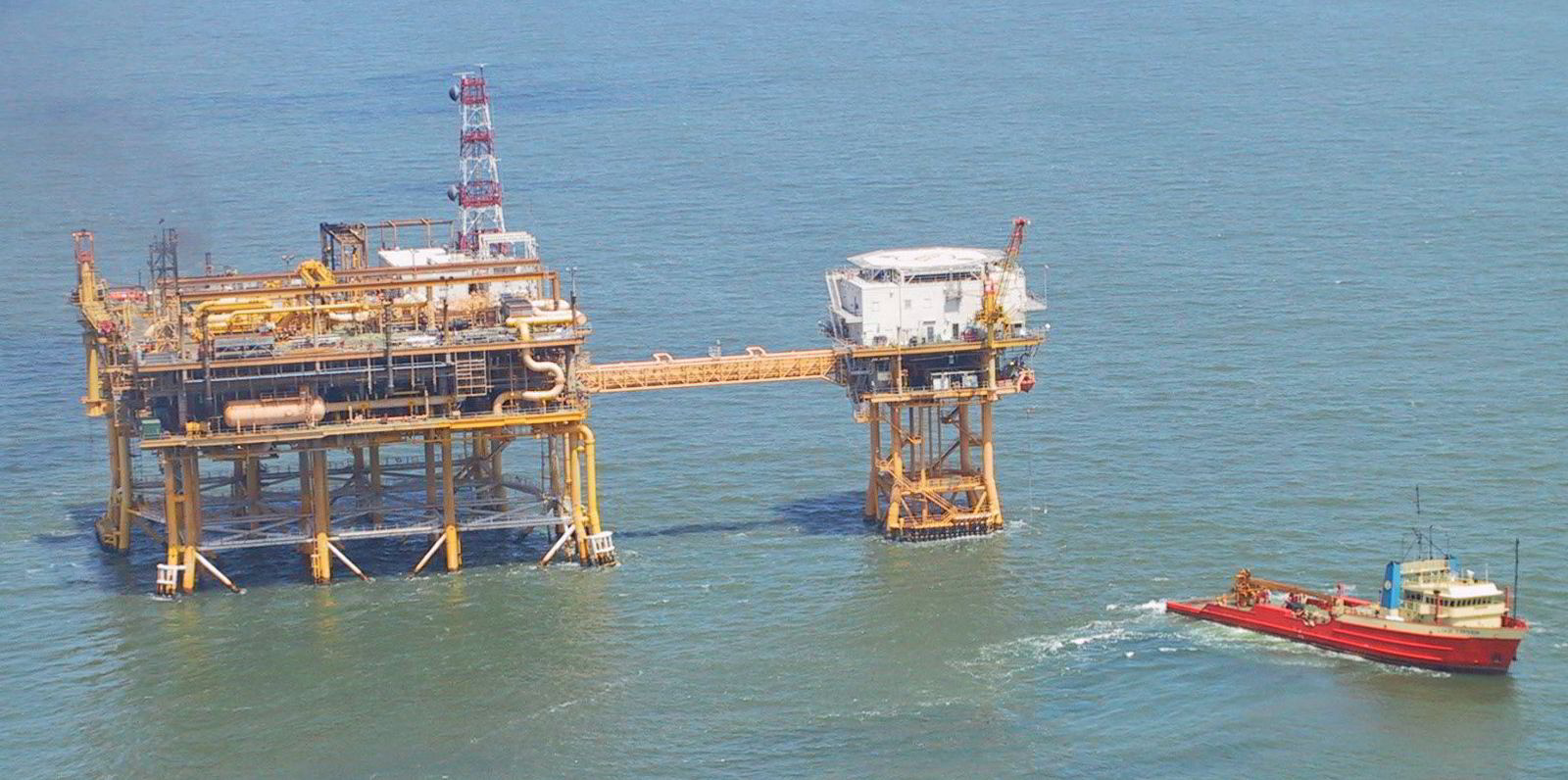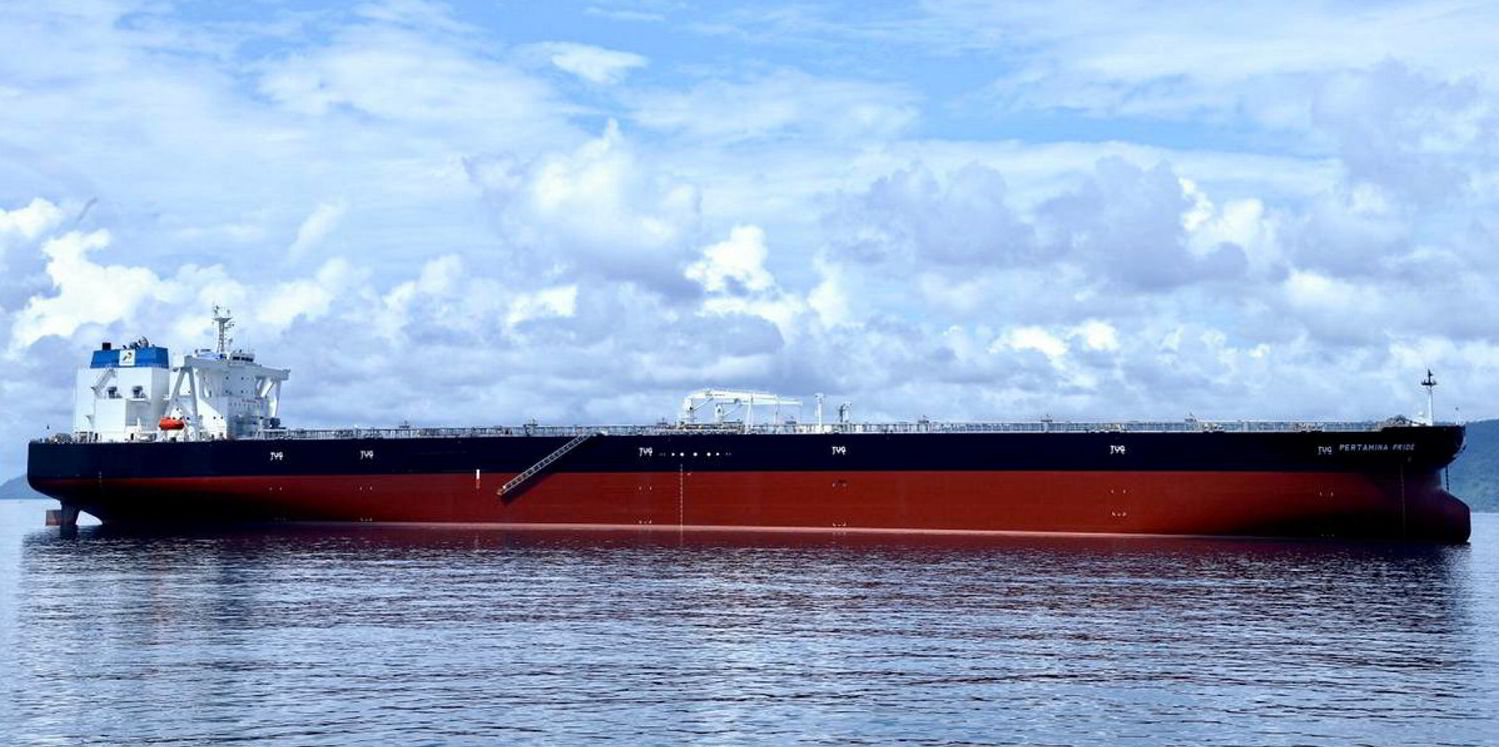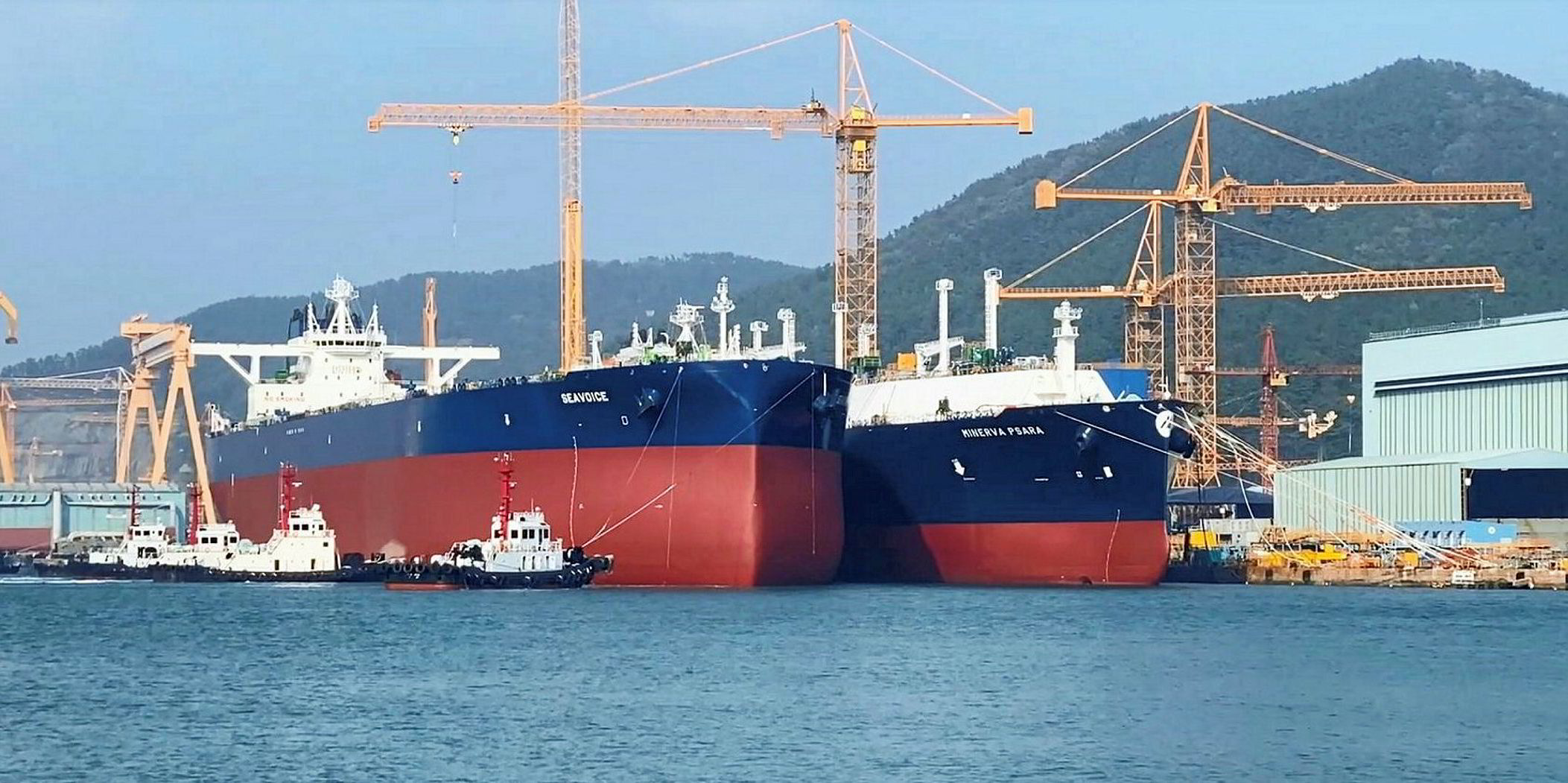Lower crude import quotas of Chinese refiners will add further downwards pressure on the tanker markets, according to a senior analyst.
Spot tanker earnings have failed to stay above operating costs for most owners in recent quarters as severe tonnage oversupply plagues the mood of the market.
Anoop Singh, head of east-of-Suez tanker research at Braemar ACM Shipbroking, suggested the market may face losses of long-haul shipping demand, with Beijing reducing the amount of crude Chinese refiners are allowed to import.
In the second round of quota awards this year, the Chinese commerce ministry allocated allowances totalling 700,000 barrels per day (bpd) to private refineries and state-owned ChemChina and Norinco.
Those oil companies received quotas totalling 2.5m bpd in the first round. This was also the lowest second-round award in three years.
“China’s crude imports remain the heartbeat of tanker markets,” Singh said. “That heartbeat is likely to grow fainter in the third quarter as private refiners dial down their imports to remain in compliance with a smaller import allowance.”
Chinese private refineries have been a growth engine for VLCC demand in recent years, showing strong appetite for crude from the Atlantic basin.
Moreover, tankers experience lengthy waiting time at those players’ offloading terminals.
“This has often contributed to tightening freight markets especially when private refinery imports surge,” Singh added.
He said that those players could receive more quotas later this year as more new refineries are coming online in China.
But their crude demand is likely to be pressured by tighter regulatory oversight and changes in tax laws, Singh said.
“Authorities are simultaneously cracking down on resale of crude quotas among private refiners,” he added.
“A new tax on bitumen mix is likely to make imports of sanctioned crudes uneconomical. We expect private refiners to very likely look to spread the quotas out over a longer time frame, at least till they have more clarity on the direction of the government policy.”
Chinese state energy giants like CNOOC, PetroChina, Sinopec and Sinochem do not need quotas to import crude.
Singh said they could divert product exports to domestic markets to fill the supply gap left by private refiners, which may need to reduce output due to lower crude imports. This would remove some employment opportunities for product tankers in China.
“Weak export margins will likely make this the more profitable option for Chinese state refiners,” he added.







